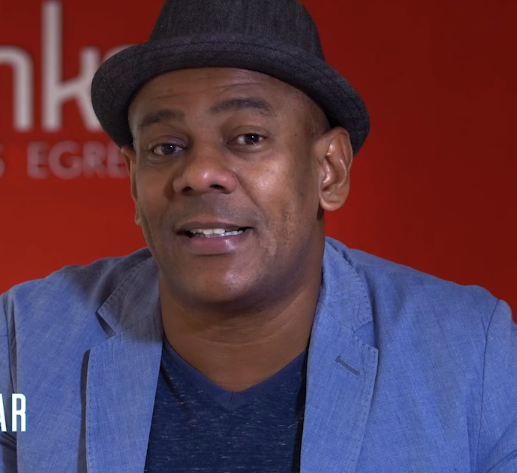Fernando Dewar, a music luminary from Cayo Mambí, Holguín, has made a remarkable impact in traditional Cuban music over the past 25 years, despite lacking formal music education.
Initially trained in machinery construction, Dewar's innate musical talent led him to self-teach himself to play the Tres, a Cuban guitar-like instrument. In the early 1990s, he began directing "Melodías de Ayer," which later evolved into the celebrated "Septeto Santiaguero."
In 1995, "Septeto Santiaguero" was born, signifying both their hometown's musical heritage and their commitment to a broader audience.
Dewar emphasizes their dedication to modernizing traditional Cuban music, stating, "Everything happening with the Septet today shows how much can be done with traditional Cuban music."

While their name hints at tradition, Dewar clarifies that their music is contemporary, enriched by their musicians' exceptional talents, innovation, and meticulous arrangements.
Dewar believes in engaging younger audiences to preserve Cuban musical traditions. The Septeto aims to make their music accessible and appealing to the youth, ensuring the continuity of these cherished roots.
Dewar's musical journey, from "Expresión" to "Sones de Oriente" and finally to "Melodías de Ayer," laid the foundation for the iconic "Septeto Santiaguero." Their collaboration with the Nubenegra label catapulted them to international fame through albums like "Septeto Santiaguero," "La pulidora," and "La chismosa." In 2016, they won a Latin Grammy Award in the Traditional Tropical Album category for "I don't want to cry (Tribute to Los Compadres)," further showcasing the global appeal of traditional Cuban music.
Fernando Dewar's journey, driven by talent, dedication, and love for Cuban tradition, ensures that the heart of Cuba's music remains vibrant, captivating audiences old and new worldwide.
